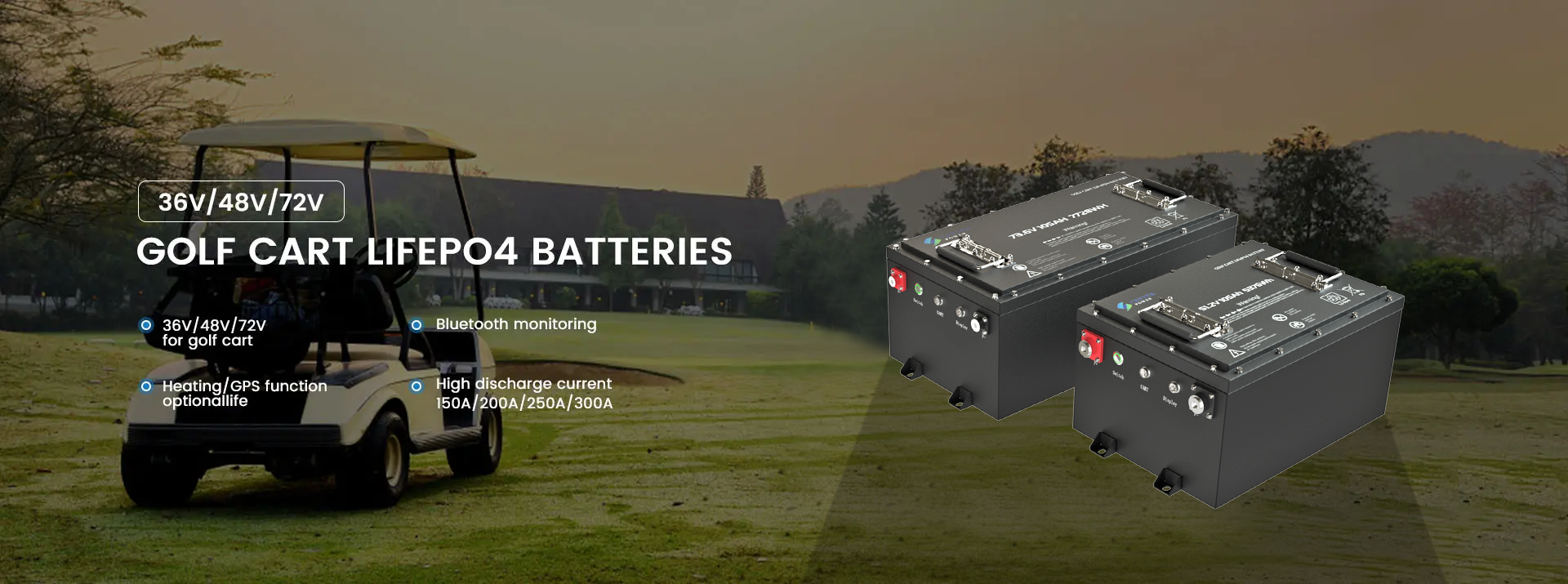Marine batteries and car batteries are designed for different purposes and environments, which leads to differences in their construction, performance, and application. Here's a breakdown of the key distinctions:
1. Purpose and Usage
- Marine Battery: Designed for use in boats, these batteries serve a dual purpose:
- Starting the engine (like a car battery).
- Powering auxiliary equipment such as trolling motors, fish finders, navigation lights, and other onboard electronics.
- Car Battery: Designed primarily for starting the engine. It delivers a short burst of high current to start the car and then relies on the alternator to power accessories and recharge the battery.
2. Construction
- Marine Battery: Built to withstand vibration, pounding waves, and frequent discharge/recharge cycles. They often have thicker, heavier plates to handle deep cycling better than car batteries.
- Types:
- Starting Batteries: Provide a burst of energy to start boat engines.
- Deep Cycle Batteries: Designed for sustained power over time to run electronics.
- Dual-Purpose Batteries: Offer a balance between starting power and deep cycle capacity.
- Types:
- Car Battery: Typically has thinner plates optimized for delivering high cranking amps (HCA) for short periods. It is not designed for frequent deep discharges.
3. Battery Chemistry
- Both batteries are often lead-acid, but marine batteries might also use AGM (Absorbent Glass Mat) or LiFePO4 technologies for better durability and performance under marine conditions.
4. Discharge Cycles
- Marine Battery: Designed to handle deep cycling, where the battery is discharged to a lower state of charge and then recharged repeatedly.
- Car Battery: Not meant for deep discharges; frequent deep cycling can significantly shorten its lifespan.
5. Environment Resistance
- Marine Battery: Built to resist corrosion from saltwater and moisture. Some have sealed designs to prevent water intrusion and are more robust to handle marine environments.
- Car Battery: Designed for land use, with minimal consideration for moisture or salt exposure.
6. Weight
- Marine Battery: Heavier due to thicker plates and more robust construction.
- Car Battery: Lighter since it is optimized for starting power and not sustained use.
7. Price
- Marine Battery: Generally more expensive due to its dual-purpose design and enhanced durability.
- Car Battery: Usually less expensive and widely available.
8. Applications
- Marine Battery: Boats, yachts, trolling motors, RVs (in some cases).
- Car Battery: Cars, trucks, and light-duty land vehicles.

Post time: Nov-19-2024





